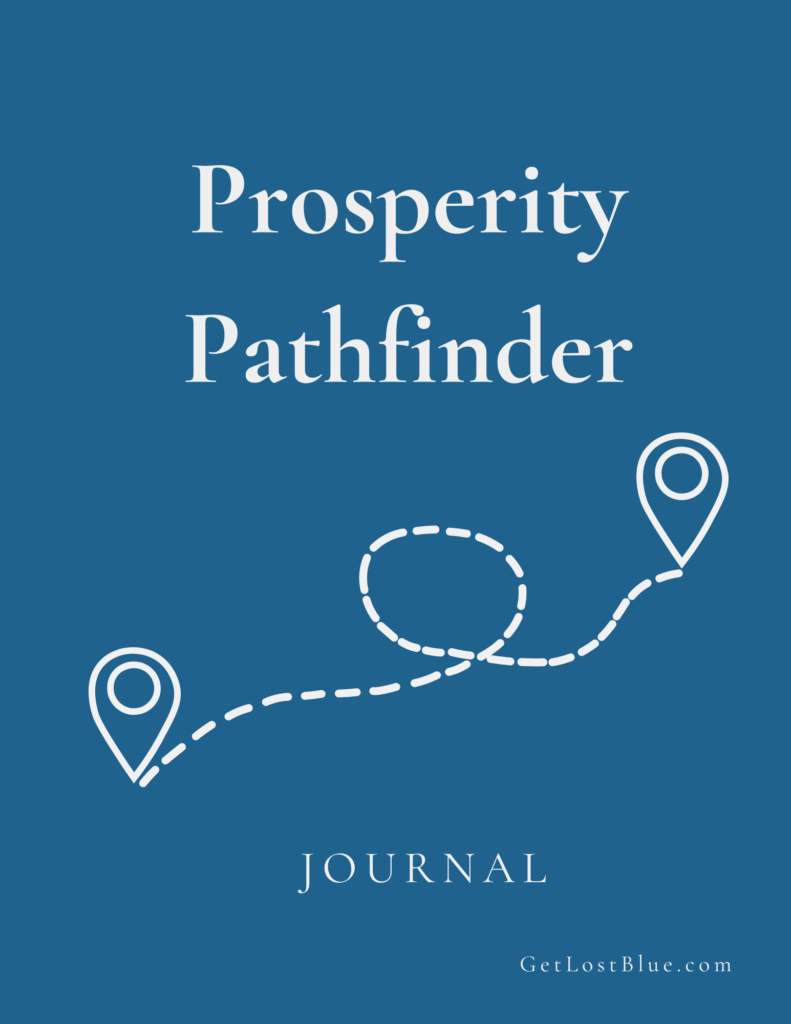A year ago, I left my 9 to 5 job at the age of 45, without a plan to get another one. And I did it without having technically reached my retirement number. You know, the number that all the retirement calculators say you need in order to have a 100% chance of not outliving your money.
Who can I blame for this possibly reckless decision? His name is Michael Kitces. A self-professed financial planning nerd, Michael is the one who gave me the bright idea to make this bold move.
I blame him for one of the best years of my life — thanks a lot, Michael!
The Inspiration — Don’t Wait to Hit a Number
Let me clarify; Michael Kitces didn’t personally advise me to take this leap. But, hearing the info he presented on a ChooseFI podcast a couple years ago started me on the path to where I am today.
Kitces meticulously breaks down retirement strategies, backed by solid mathematical analysis. Then, he adds on his years of real world experience working with people as a certified financial planner.
And ultimately, he demonstrated to me that not everyone should wait to hit the elusive “retirement number” before embarking on an early retirement.
“Wait….what? A finance person saying its okay to retire early without $10 million?!” you might be thinking. I know I was surprised!

So, I’ll do my best to briefly summarize his two main points that support taking a risk like I did.
Making Money in Retirement is Not Uncommon
First, Michael shared anecdotes from his early retiree clients, many of whom ended up working at some point in their retirement. Not out of necessity, but simply because they were young, virile, with things of value to offer the world. He saw several hobbies turn into businesses, and new found passions turn into second careers.
That sounds great, right!? Except the tragic cases where people spent many more years working jobs they hated than they needed to. Had they only known that they would make a little money, doing something they liked in “retirement,” they could have left so much earlier!
So, if you can commit to making even just a little money at some point in retirement, it can decrease the amount you need to save.
To put some numbers to it, let’s say you think you could work part-time doing something you love for ten or so years. If that brings in $20–25k a year, that could decrease your retirement savings number by something like $200–250k!
Basically, you take how much you think you could earn, multiplying it by the number of years you plan to earn it, to get a rough idea of what that income would equate to in retirement assets needed. Of course, more careful calculations are possible and advisable, if you plan to go pursue this.
But, the point is, if you’re unhappy in your career, you may be able to leave that job years earlier than you thought — if you’re willing to take a little risk that you will find a more pleasurable way to make a little money in the future.
You Have the Ability Adjust
Michael’s other main point centers around how retirement plans aren’t rigid, and safe withdrawal rates are simply probabilities. Whereas we live and retire in the real world, where we have the ability to adjust, and portfolio returns are real.
He talks in terms of setting financial guardrails and “probability of adjustment” rather than strict spending goals, and success or failure.
To illustrate, he uses the example of flying from New York to San Francisco. You take off heading in a general direction, but you’re going to need to make slight adjustments along the way to actually land in San Fran. You may hit storms and need to go around some turbulence – or you may get a favorable tail wind!

Similarly, depending on the actual market returns you experience in your retirement, you may want to make adjustments. And if you’re paying attention along the way, the adjustments will likely be small. Unless you fall asleep at the wheel and end up over Mexico or something, you probably won’t have to make any extremely hard turns.
For example, if you have a portfolio with a 90% “success” probability of lasting 30 years in retirement. That 10% chance of “failure” might sound unacceptable to you when you’re working that safe job you hate.
But what if you knew that, in the real world, you would likely see that failure point coming far in advance? What if you could make an adjustment at that time, and still ensure you don’t run out of money?
The question then becomes, what type of adjustment would I have to make? How terrible would it be? If your retirement budget has some flexibility in it, an adjustment might be tolerable.
For example, your retirement portfolio is down, you’ve been experiencing a particularly bad sequence of market returns: Could you not give yourself the planned increase for inflation for a year? Take a less expensive vacation than you’re accustomed to? Put off buying the new car for a year or two?
If the adjustment doesn’t involve eating cat food or living on the street, it might be worth taking a risk. Again, especially if the alternative is spending several years in a job you hate.
And back to probabilities — while you must focus on not outliving your money, don’t forget, you also have a high probability of ending up with as much, or more money than you started with, as well! Don’t give more weight to the “failure” rate than it really deserves.
The point being, with early retirement, you have such a long runway, potential for future earnings, and if you’re able to adapt based on evolving circumstances — you may be able to afford to be a bit riskier than the retirement calculators indicate.
Thanks Michael!
Had Mr. Kitces not shared his insights and research, I might still be shackled to my cubicle. Slowly dying inside as the minutes count down to the next Zoom meeting with Larry from Marketing. All the while, waiting for the number in my bank account to ensure my 100% retirement success.
Instead, over the past year, I traversed two countries, embracing a nomadic lifestyle. I’ve had amazing experiences, connected with friends and family, worked on health and development — like I never could have while working a full time job. From backpacking through rugged terrains, to laying on white sand beaches, every moment has been a testament to the freedom that early retirement has afforded me.
And, as Michael predicted, I even managed to make a few bucks this past year!

While my decision may have raised a few eyebrows in the more financially conservative circles, I harbor no regrets. But my guardrails are up, and I will pay close attention to my flight path. Hopefully, there won’t be a wrong turn in Albuquerque!
How about you? Are you inspired to take another look at your retirement number? Are you ready to start brainstorming how you could make a little money in retirement, or adjustments you could make that could give you more freedom today?
Master Your Money, Live a Truly Prosperous Life!
Want to live a truly prosperous life? Don’t waste time. I can help!
Or, get my Prosperity Pathfinder Journal – FREE.
Filled with inspirational quotes, thought provoking questions, and a habit tracker – it’s a great companion on your way to a truly prosperous life.

